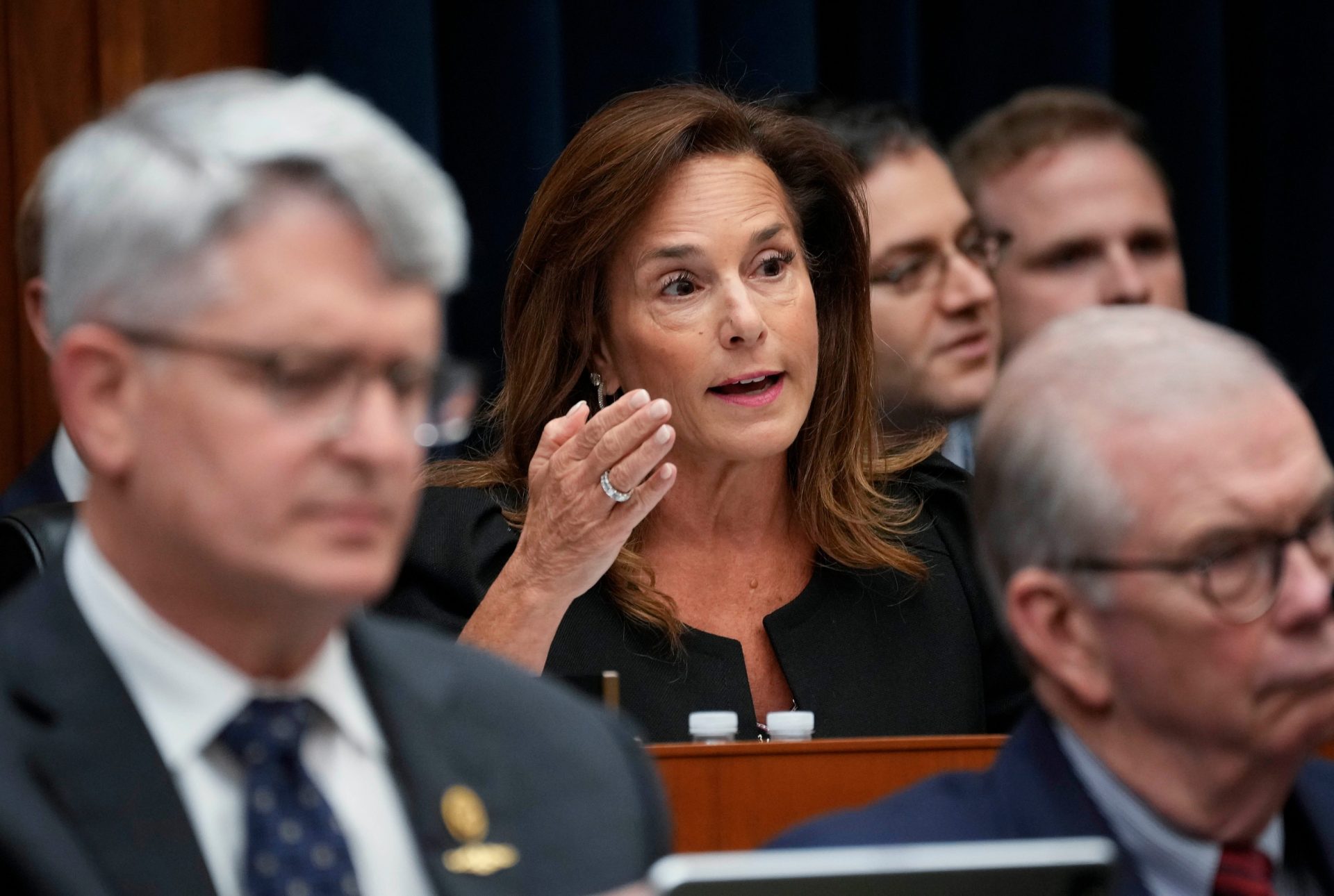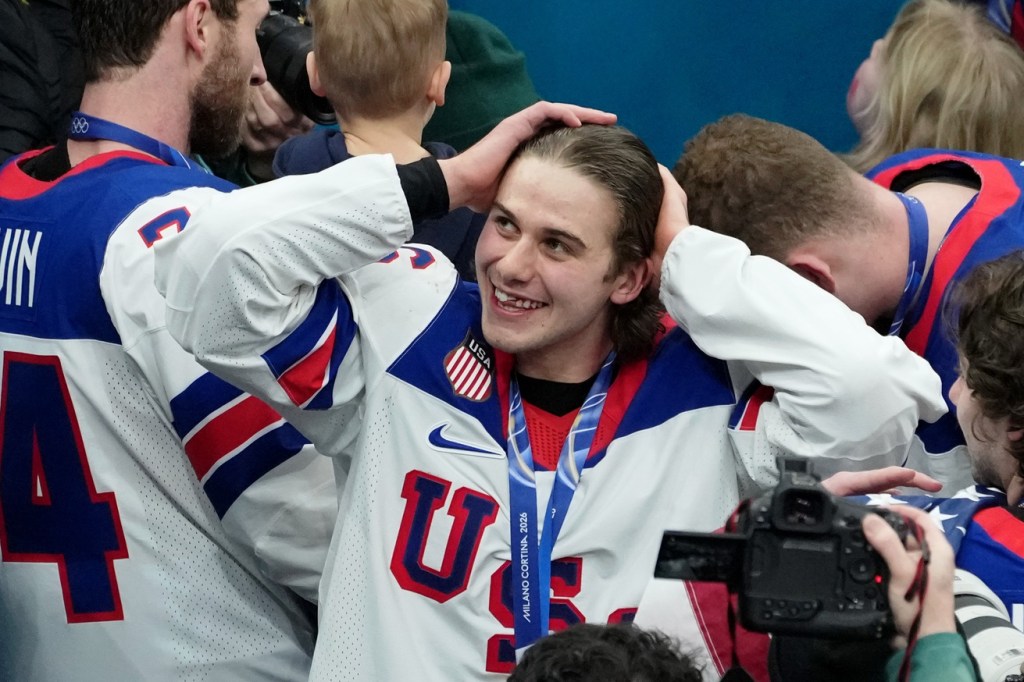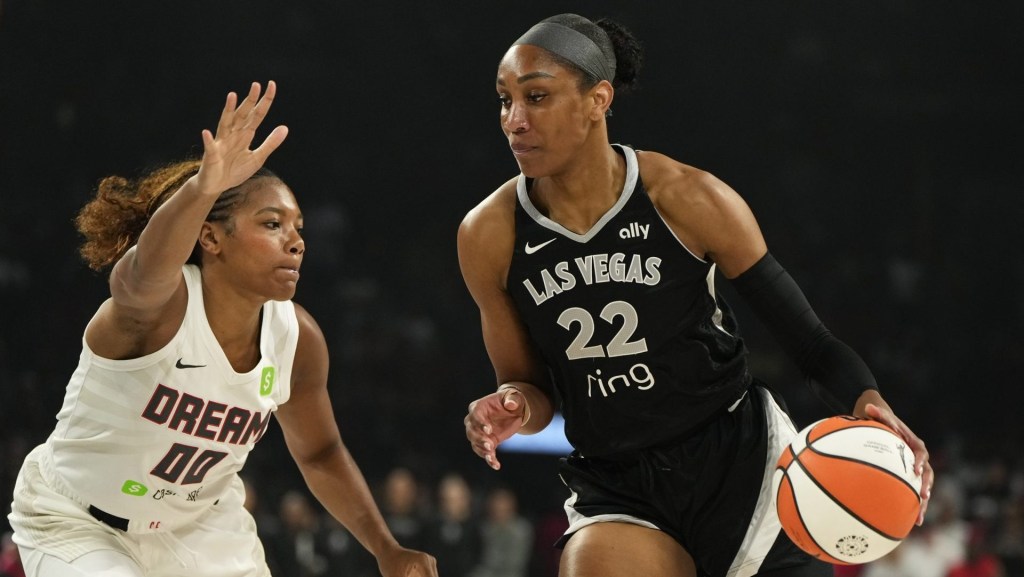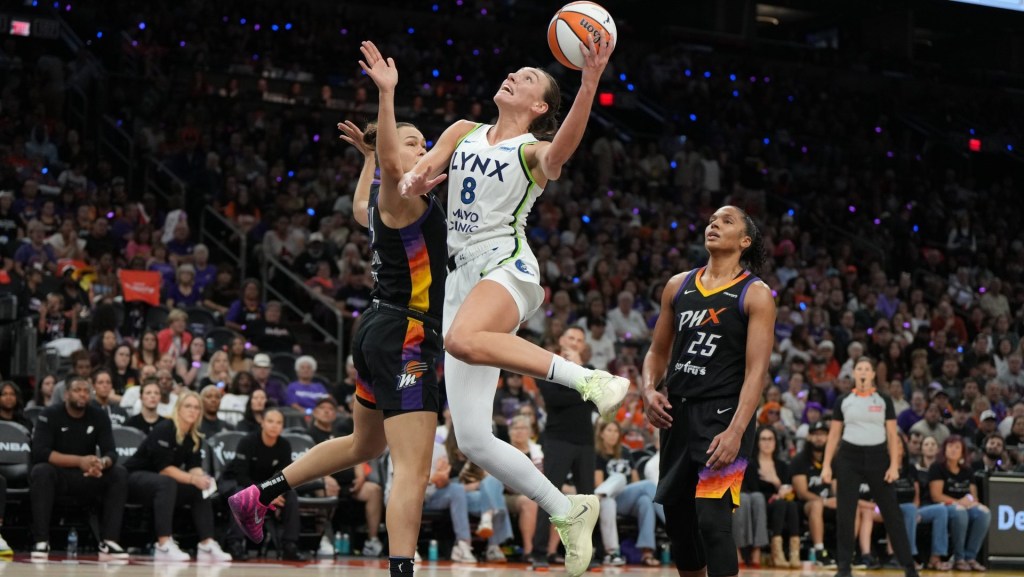Lawmakers in the the House of Representatives made moves Tuesday with new draft legislation that supports the NCAA’s effort to gain back control of the athletes rights movement.
Rep. Gus Bilirakis (R., Fla) and Rep. Brett Guthrie (R., K.Y.), introduced a discussion draft of an NIL (name, image, and likeness) bill called the SCORE Act. At the same time, Rep. Lisa McClain (R., Mich) and Rep. Janelle Bynum (D., Ore.), introduced a similar bill called the SPORTS Act.
The bills are similar and both would satisfy the Congressional wishlist for the NCAA and power conferences, which have spent millions on a federal lobbying campaign to get lawmakers to give them control of athlete compensation rules since 2019. The SCORE Act, at least, is part of a “tri-committee” effort in the House to get college sports compensation legislation introduced. The bills are also very similar to the legislation Sen. Ted Cruz (R., Texas) has been pushing, a Senate aide says.
Both bills would codify the rights for athletes to earn NIL dollars and guarantee certain scholarships and medical coverage protections for athletes. But they would also satisfy all three of the NCAA’s lobbying wishlist items: They would prevent state laws from superseding NCAA rules or federal legislation (effectively ending the patchwork of NIL laws across the country); prevent athletes from being deemed employees; and would give the NCAA and conferences antitrust protections to make their own rules on athlete compensation, the transfer portal, and eligibility—effectively ending the flood of lawsuits challenging those existing restrictions.
In a press release, Bilirakis and Guthrie said the SCORE Act specifically was one of several drafts that would be introduced through various committees in the House, and eventually combined. For now, they have representation from two of the three relevant committees: Guthrie chairs the House Committee on Energy and Commerce, while McClain is a member of the House Committee on Education and the Workforce. Bilirakis and Guthrie, specifically, still need to add language from the House Judiciary Committee in their bill to provide antitrust protections.
The SCORE Act, at least, will be discussed during an Energy and Commerce hearing Thursday.
These two discussion drafts wouldn’t be the first to come out of the House, nor would they be the first hearing, as more than a dozen have been held in the House and Senate over the past four years. (None of them ever made it to the floor of the House or Senate for a vote.)
But the timing is particularly prescient, as a federal judge just approved the House v. NCAA settlement, which creates a new framework for paying college athletes and imposes new restrictions on NIL deals. The NCAA has always held the position that the House settlement would prove to members of Congress that it was willing to make changes. Now that it’s been approved, the next step, according to multiple administrators, is passing a law to codify the terms of the settlement by protecting the NCAA from lawsuits challenging settlement terms. The NCAA and conferences also hope any legislation will give them further protections that allows them to control athlete compensation.
The NCAA has ramped up its lobbying spending over the past few months in anticipation of this inflection point. President Charlie Baker said in a letter to members Friday night that he would spend time on Capitol Hill lobbying for legislation now that the settlement has passed.
But for now, the Senate is preoccupied with passing the budget bill. That, combined with the interest the White House has taken in college sports, may have compelled members of the House to take the lead at this time, one Senate aide told Front Office Sports.
It’s unclear how successful members of the House will be in putting together legislation that makes it to President Trump’s desk. Members of the House and Senate have been working for years on legislation with no progress thus far.
The SPORTS Act could be significant in that it’s co-sponsored by a Democrat—suggesting there are Democrats who might be in favor of preventing athletes from being considered employees, an idea that was controversial to them since it would prevent athletes from being able to collectively bargain. (It was one of the main hangups during bipartisan negotiations over the past few years.)
But one Congressional aide suggests House Democrats aren’t aligned, telling FOS the NCAA and conferences are “using the settlement as justification to choke off any further progress for athletes and restore power solely in the hands of the NCAA and conferences.”
In addition, a lobbyist tells FOS the news is not an indication that Democrats in the Senate in particular have changed their minds and decided to go along with the NCAA’s agenda. For any college sports bill to be passed, it needs 60 votes in the Senate. Both Republican and Democratic senators remain engaged in negotiations over a potential Cruz bill.
Finally, lawyers could also challenge the constitutionality of preventing college athletes from being employees, while other students are allowed to be.




![[Subscription Customers Only] Jul 13, 2025; East Rutherford, New Jersey, USA; Chelsea FC midfielder Cole Palmer (10) celebrates winning the final of the 2025 FIFA Club World Cup at MetLife Stadium](https://frontofficesports.com/wp-content/uploads/2026/02/USATSI_26636703-scaled-e1770932227605.jpg?quality=100&w=1024)












